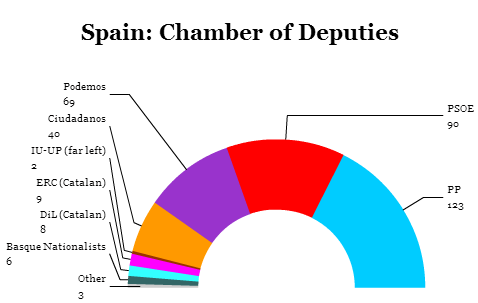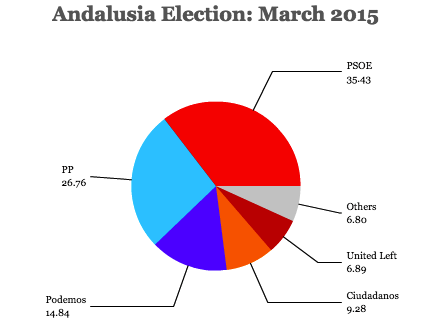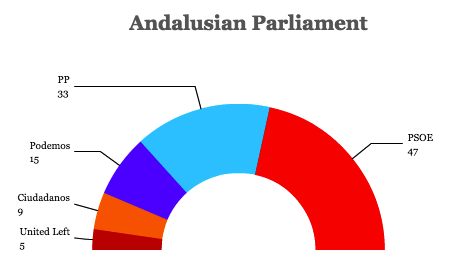
Shortly after the December general election, I wrote that Spain faced three possible choices — a German-style grand coalition, a Portuguese-style ‘coalition of the left’ or a Greek-style stalemate and fresh elections. ![]()
Spain chose the Greek option.
Five months after a national election ripped apart Spain’s decades-long two-party system, the failure of the country’s four major parties to reach a coalition agreement means that Spain’s voters will once again go to the polls on June 26 for a fresh vote, after a deadline ran out on midnight Tuesday to find a viable government.
Notably, the rerun of Spain’s national elections will fall just three days after the United Kingdom votes on whether to leave the European Union, a critical vote for the entire continent.
The problem is that, with talks stalled for any conceivable governing majority, the Spanish electorate seems set to repeat results similar to last December’s election. For now, markets are not unduly spooked by the political impasse in Madrid, but continued uncertainty through the second half of 2016 could prove different if no clear government emerges from the new elections and, presumably, a new round of coalition talks brokered by Spain’s young new king, Felipe VI.
* * * * *
RELATED: Three choices for new fractured political landscape
* * * * *
So who are the four major parties and how do they stand heading into the June vote? Continue reading Spain heads toward fresh elections on June 26



